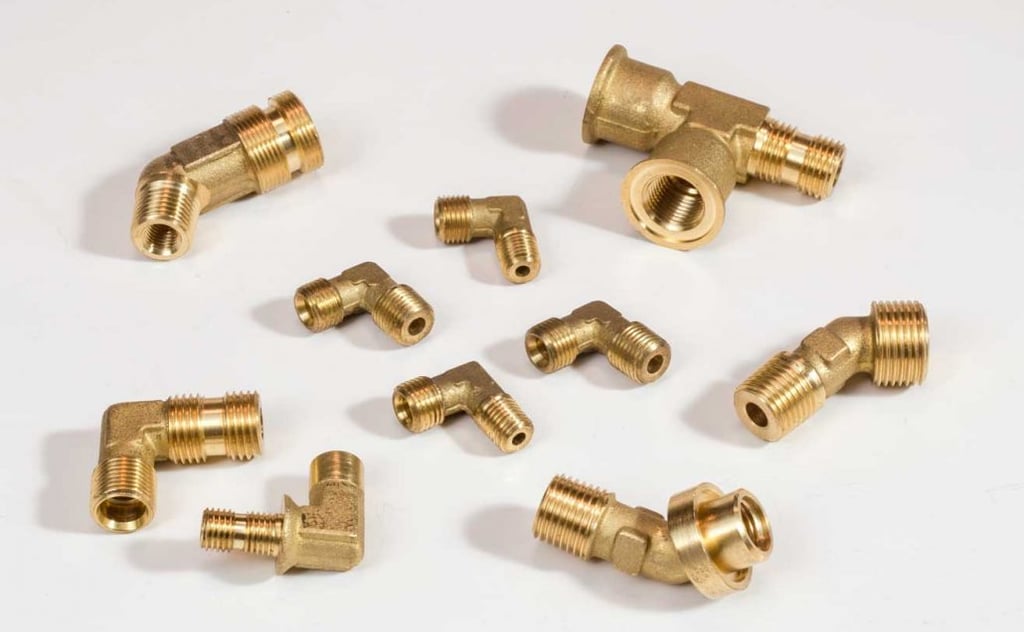

Advantages and Features of Brass Forging and Brass Forging Components
1. Superior Strength and Durability
Forging involves deforming brass under high pressure, which aligns the grain structure of the metal. This refined grain flow significantly enhances the mechanical strength and fatigue resistance of the final product — far superior to cast or machined parts.
Higher tensile strength
Improved impact resistance
Longer service life under stress or pressure
2. Enhanced Dimensional Accuracy
Brass forging allows for tight tolerances and consistent dimensions — essential for components that must fit precisely in assemblies.
Better shape consistency
Reduced need for secondary machining
Perfect for precision fittings and threaded inserts
3. Excellent Corrosion Resistance
Brass inherently offers excellent resistance to corrosion, especially from water, salt, and many chemicals. Forged brass parts maintain this property while adding superior surface density, making them ideal for outdoor or moisture-prone environments.
4. Cost-Effective for Medium to High Volume Production
Once the forging dies are developed, brass forging becomes highly economical for large batch production:
Low material waste (near-net shape forming)
Reduced machining time
Lower per-unit cost at scale
5. Better Surface Finish and Aesthetics
Forged brass components typically have a smoother surface finish, reducing the need for extensive polishing or coating. This is important in applications where both functionality and visual appeal matter — such as in plumbing fixtures or decorative hardware.
6. Eco-Friendly and Sustainable
Brass is 100% recyclable without loss of properties. The forging process also generates minimal scrap, making it an environmentally responsible manufacturing method.
Low material wastage
Recyclable alloy
Energy-efficient process compared to casting
7. Ideal for Custom and Complex Geometries
With advancements in forging technology and tool design, even complex brass parts can be forged with precision. Custom brass forgings offer solutions for:
OEM components
Plumbing valves and fittings
Electrical connectors
Gas regulators and HVAC parts
Conclusion
Brass forging combines strength, precision, and sustainability — making it the ideal solution for industries requiring robust and reliable components. Whether you’re an OEM supplier or looking to optimize your component design, brass forging offers a proven path to better performance and lower lifetime costs.
If you're looking for a reliable partner in brass forged components, contact us at Brassfit Group | sales@brassforgedcomponents.com. We specialize in precision brass forgings tailored to your specifications.